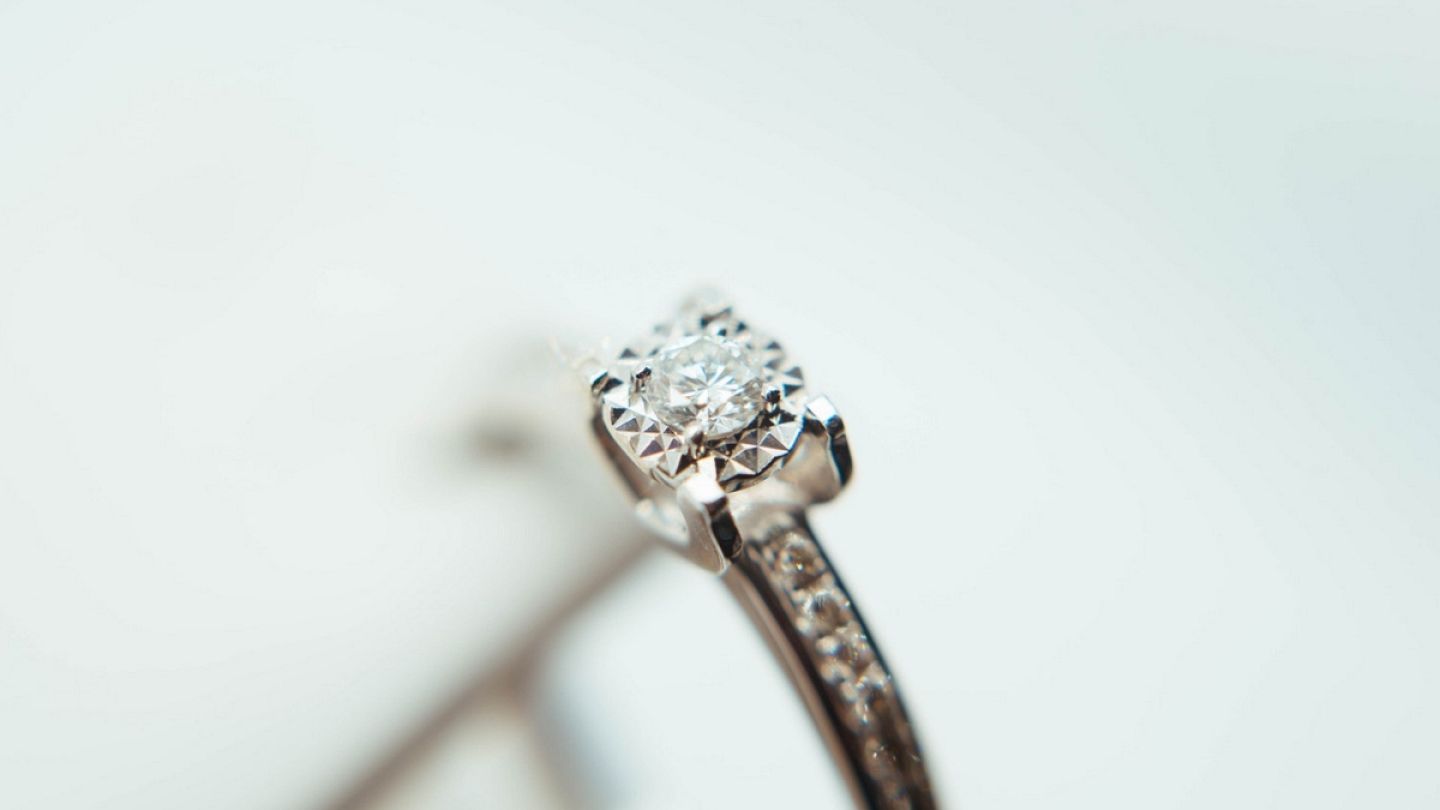
Mined diamonds have been associated with unethical practices such as environmental destruction, child labour, and exploitation of miners. Here are some reasons why buying a mined diamond engagement ring may be considered unethical and you should look into purchasing a lab made diamond:
- Environmental destruction: Diamond mining can cause significant environmental damage, including deforestation, soil erosion, and water pollution. The mining process can also require large amounts of energy and water.
- Human rights violations: Some diamond mines have been linked to human rights abuses, including child labour, forced labour, and poor working conditions. Miners may work in dangerous and hazardous conditions, and may not be paid fair wages.
- Conflict diamonds: Conflict diamonds, also known as blood diamonds, are diamonds that are mined in war zones and sold to finance armed conflict against governments. The sale of conflict diamonds has been linked to civil wars and human rights abuses.
- Sustainable alternatives: There are now many alternatives to mined diamonds, such as
lab-grown diamonds, moissanite, and other gemstones that are more sustainable and ethical. These alternatives are often less expensive than mined diamonds and have a lower environmental impact.
In summary, while it is not inherently unethical to buy a mined diamond engagement ring, some people choose to avoid them due to the ethical and environmental concerns associated with diamond mining. It is important for consumers to be informed about where their diamonds come from and to consider alternatives that are more sustainable and ethical.
Another reason why buying mined diamond engagement rings may be considered unethical is the issue of supply and demand. The high demand for diamonds has led to the creation of a market that can be exploited by suppliers, leading to inflated prices for a product that is not necessarily scarce. The diamond industry has been accused of artificially controlling the supply of diamonds to maintain high prices, which can lead to exploitation of both miners and consumers.
In addition, the process of certifying diamonds for ethical and sustainable mining practices can be complex and difficult to navigate. Some diamond certifying bodies have been criticised for not having strict enough standards or for being influenced by the diamond industry.
For these reasons, some people choose to buy alternative gemstones or lab-grown diamonds for their engagement rings. Lab-grown diamonds have the same physical and chemical properties as natural diamonds, but they are grown in a lab rather than mined from the earth. They are often less expensive and have a lower environmental impact, making them a more ethical choice for some consumers.
It’s worth noting that the decision to buy a mined diamond engagement ring or an alternative gemstone ultimately depends on individual values and priorities. While some people may prioritise sustainability and ethical practices, others may prioritise tradition or cultural significance associated with diamonds.
If you do choose to buy a mined diamond engagement ring, it’s important to research and find a reputable jeweller that can provide documentation of the diamond’s origin and ethical sourcing. Look for diamonds that are certified by independent organisations such as the Kimberley Process Certification Scheme or the Responsible Jewelry Council.
If you’re considering an alternative gemstone, do some research to find one that fits your budget and preferences. Some popular options include sapphires, rubies, and emeralds.
Ultimately, the most ethical and sustainable option may be to reuse or repurpose a family heirloom or vintage ring, rather than buying a new one. This can help reduce the environmental impact of mining and manufacturing, and can also add sentimental value to your engagement ring.
